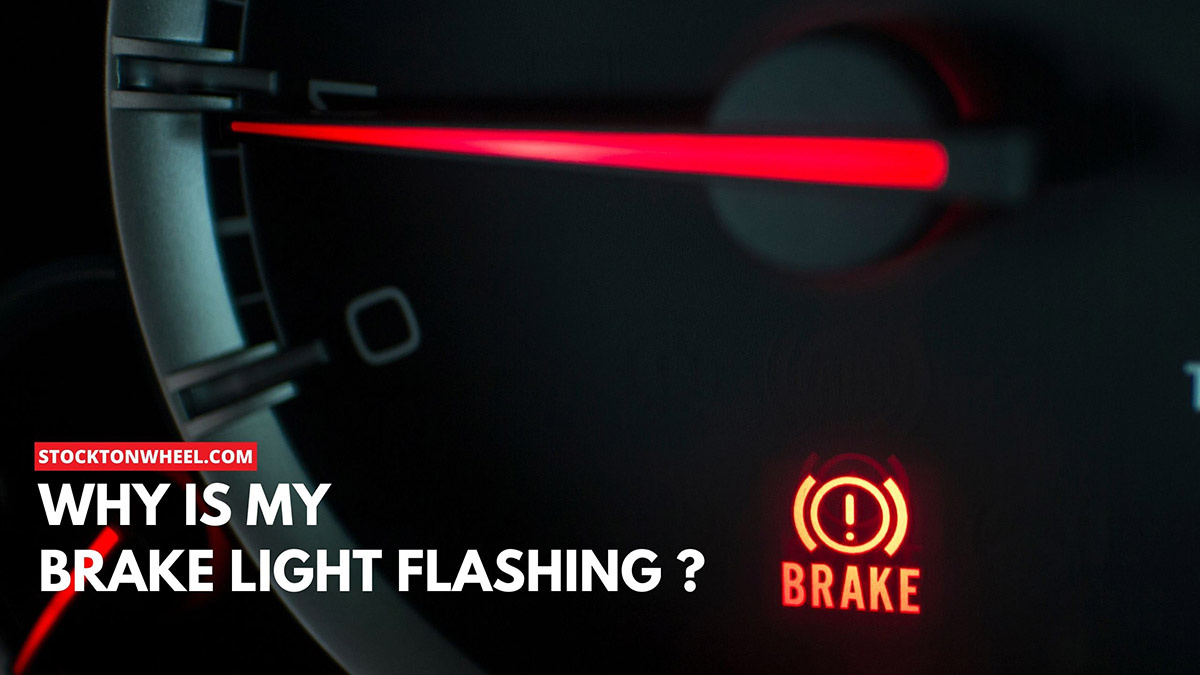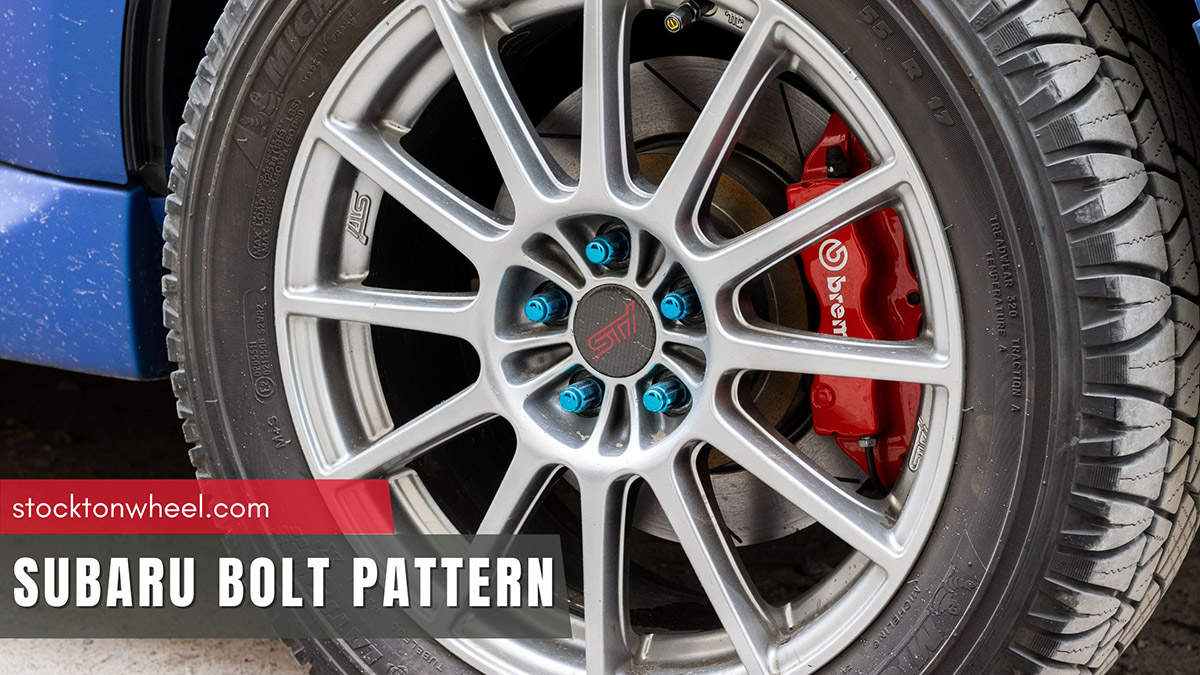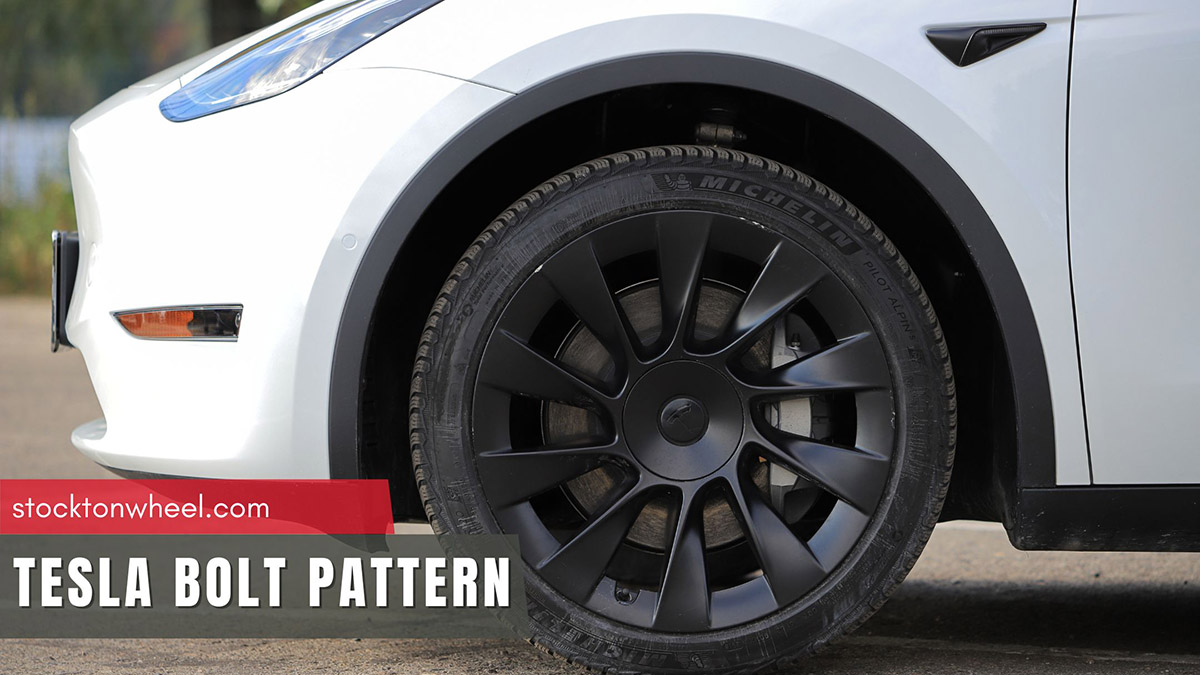Do you have a red brake light on your dash? If so, don’t ignore this warning sign! A brake light blinking can indicate a serious problem with your braking system.
It’s a common problem that can lead to serious consequences if not addressed immediately. So, don’t hesitate to read on because it could save you a lot of trouble and expense down the road.
In this article:
Why Does Your Brake Light Keep Flashing On And Off?
A flashing brake light may indicate various issues, including low brake fluid, wiring problems, a malfunctioning brake light bulb, a blown fuse, an engaged parking brake, low battery voltage, a defective brake light switch, sensitive brakes, problems with the Anti-lock Brake System (ABS), or a faulty bulb.
Low Brake Fluid Levels
Inadequate brake fluid levels can significantly impact your braking system’s effectiveness. Brake fluid is critical in transmitting the force from your brake pedal to the brakes at the wheels. When the fluid level is too low, it can reduce braking power and cause your brake warning light to flash.
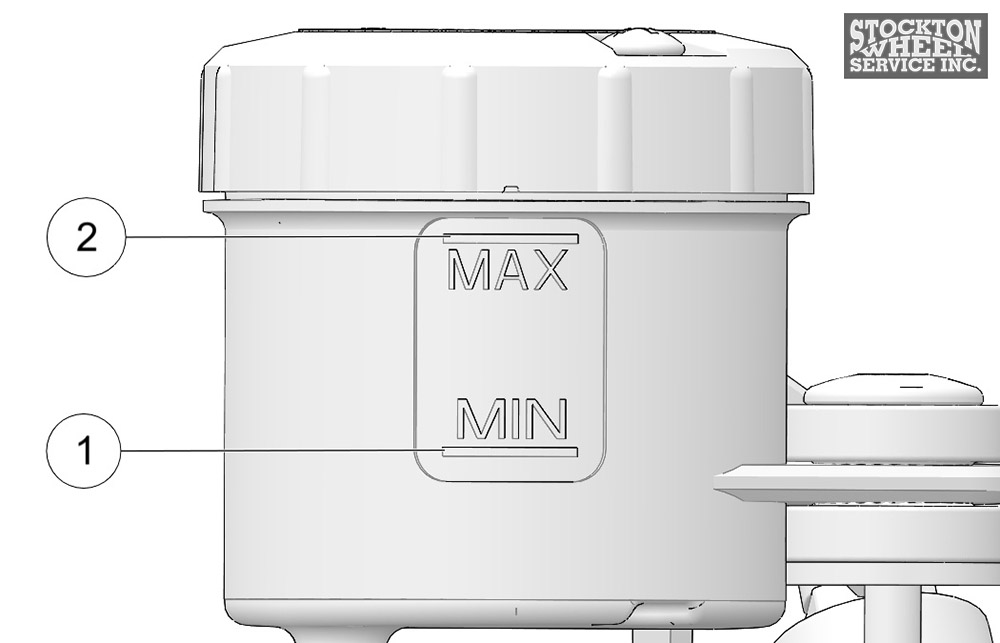
Regularly check and maintain your brake fluid level by topping it up as needed. Periodic brake fluid flushes and cleaning are also recommended to ensure your brake system operates at its best.
Wiring System Problems
Issues within your vehicle’s wiring system can disrupt the electrical circuit responsible for your brake light. These issues may include damaged wires, loose connections, or corrosion. When the wiring system is compromised, it can intermittently interrupt the electrical signal and end up with a flashing brake warning light.
A professional inspection is essential to identify and rectify these wiring problems.
Malfunctioning Brake Light Bulb
The brake light bulb is critical for your brake light’s proper operation. When it malfunctions due to a blown filament or physical damage, it may fail to emit the necessary light when you press the pedal, making the brake light blink.
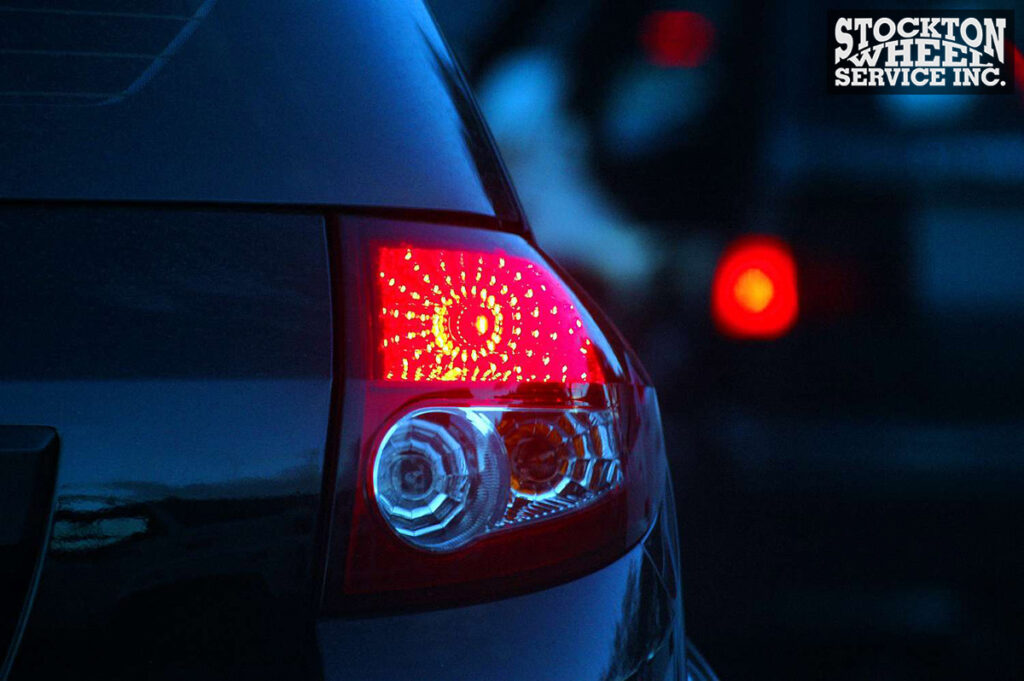
To resolve this issue, replace the faulty brake light bulb with a new one, ensuring it’s in good working condition. If the problem persists even after the replacement, it may indicate a more profound brake system issue, necessitating professional brake repair.
Blown Fuse
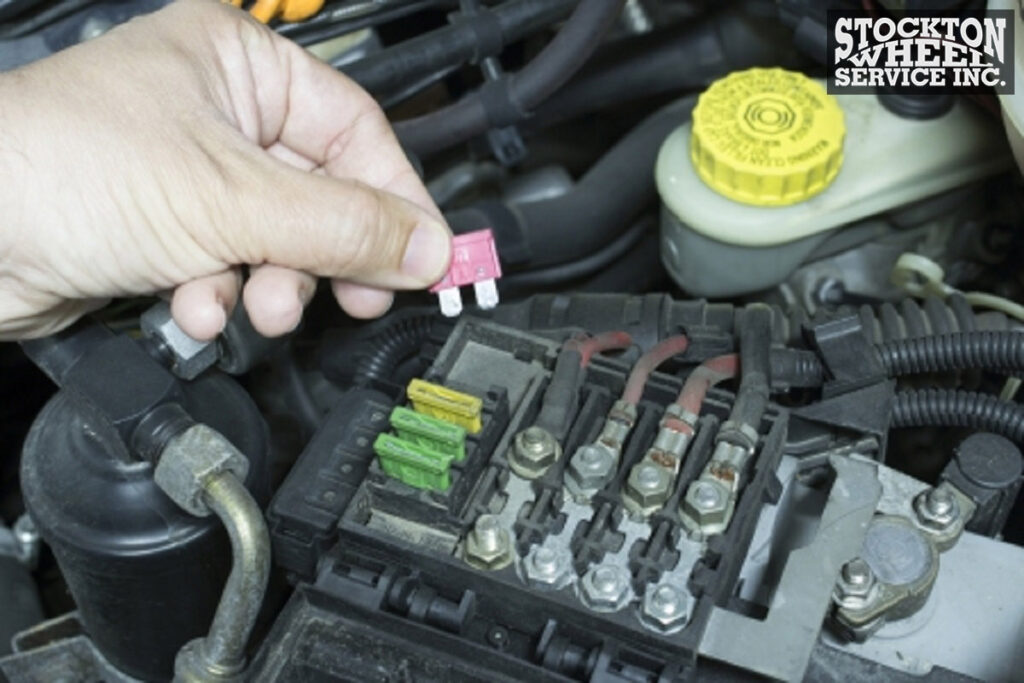
A blown fuse in the brake light circuit acts as a protective mechanism, disconnecting the circuit to prevent electrical overload. When a fuse blows, it interrupts the electrical flow to the brake light, resulting in them flashing.
To address this issue, locate the brake light fuse in your vehicle’s box and replace it with a new one.
Parking Brake Activated
Forgetting to disengage the parking brake is a common cause of a brake light turning on and off. When the emergency brake is engaged, it triggers the warning light, reminding you to release it before driving.
Insufficient Battery Voltage
Low battery voltage can affect various electrical systems, including the brake light. A weak battery may not provide enough power for consistent brake light operation.
Regular battery maintenance can help prevent this issue.
Defective Brake Light Switch
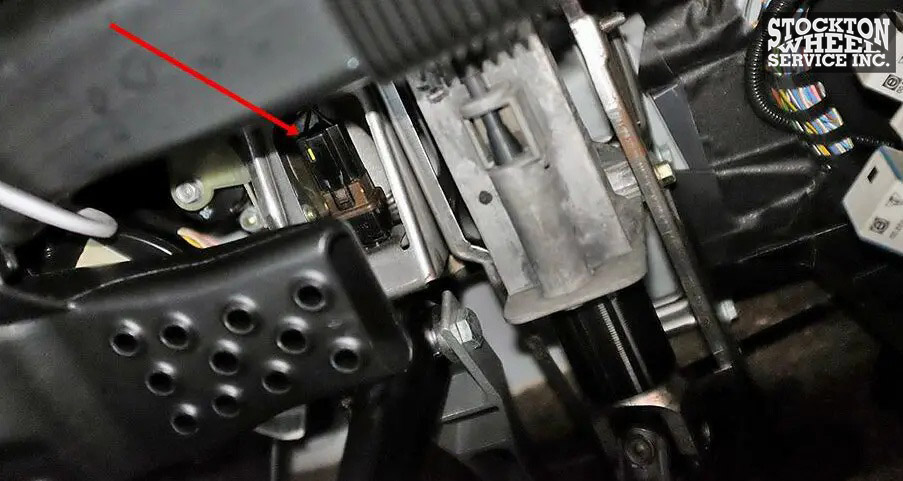
The brake light switch, typically located near the brake pedal, activates the brake light when you press the pedal. If the switch malfunctions, it may not consistently engage the brake light, making it flash.
Overly Responsive Brakes
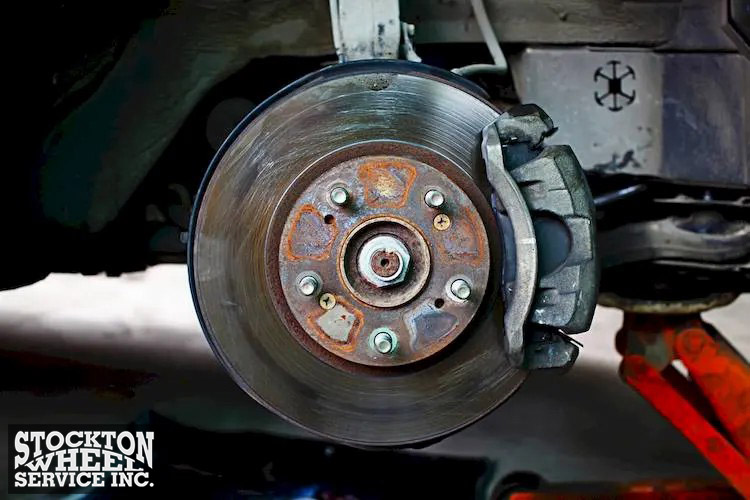
Excessive brake sensitivity can trigger a flashing brake warning light. This heightened responsiveness may result from brake system issues, including problems with the brake pedal or brake sensors. It could also be due to excessive brake fluid pressure.
In such cases, seeking professional inspection to diagnose and resolve the issue is advisable. This may involve adjustments to the brake pedal, checking brake lines and sensors, or other brake system components to ensure optimal performance and eliminate the flashing brake light.
Problems with the Anti-lock Brake System (ABS)
The anti-lock brake system (ABS) is a critical component in your vehicle’s brake system, designed to help maintain control during hard braking situations. When issues arise with the ABS, a flashing brake warning light may appear on your dashboard. These problems may be linked to ABS sensors, hydraulic components, or the control module.
Consult a professional mechanic to address these concerns and resolve the brake warning light.
What to Do? Expert Tips
Before You Drive
- Check the Parking Brake: Ensure the electric parking brake is fully released before you start driving.
- Investigate the Brake System Warning Light: Check whether there is a brake warning light on your vehicle’s dashboard.
- Top-Up Brake Fluid: Top the brake fluid up to the recommended level. This simple maintenance task can restore proper brake function and address the issue effectively. Otherwise, you can bring some during your trips.
Remember these key points when adding brake fluid:
- Don’t exceed the “FULL” line.
- Use the correct DOT-specified brake fluid.
- Handle brake fluid carefully, as it’s toxic and can damage your vehicle’s paint.
During Your Drive
- Monitor Brake Pedal Sensation: While driving and the parking brake light starts flashing, keep a close eye on how your brake pedal feels. If you experience an unusual or spongy pedal sensation, it may indicate a brake fluid leak in your braking system.
- Slow Down and Pull over Safely: In the interest of safety, it’s advisable to slow down to check if the brake is still working. If yes, pull over to a secure location if you notice the flashing brake light and experience an abnormal brake pedal sensation. Otherwise, you can apply your handbrake to stop the car. This allows you to inspect the situation without risking yourself or others on the road.
- Call for Help: If the inspected issue is within your reach, you can fix it yourself. For example, when you notice a low brake fluid level, topping it off is quite easy to do. Otherwise, call roadside assistance or your insurance company for help.
After Your Drive
Regardless of whether you top up the brake fluid or not, it’s imperative to arrange for a comprehensive inspection by a qualified mechanic as soon as possible. Brake systems are complex, and unusual brake light behavior may indicate underlying issues that require professional attention.
FAQs
Should I Drive When My Brake Light Is Flashing?
Driving with a flashing brake light is not advisable. The underlying issue in your brake system can jeopardize your safety and the car’s performance. It’s best to address the problem promptly to ensure your brakes are functioning correctly.
What If The Light Persists After Brake Line Replacement and Brake Fluid Top-Off?
If your brake lines were recently replaced, and your brake fluid is full, but the light keeps flashing, it could be due to an issue with the brake fluid level sensor. It’s essential to have the sensor checked and potentially recalibrated or replaced by a qualified mechanic to resolve the issue.
Conclusion
A flashing brake light is a warning sign that should never be ignored. It can indicate a problem with your brake fluid level, wiring system, brake light bulb, fuse, parking brake, battery voltage, brake light switch, ABS, or even your brakes themselves.
If you see your brake light flashing, pull over to a safe location and have it inspected by a qualified mechanic as soon as possible. Driving in such a situation is dangerous and could lead to a serious accident.

